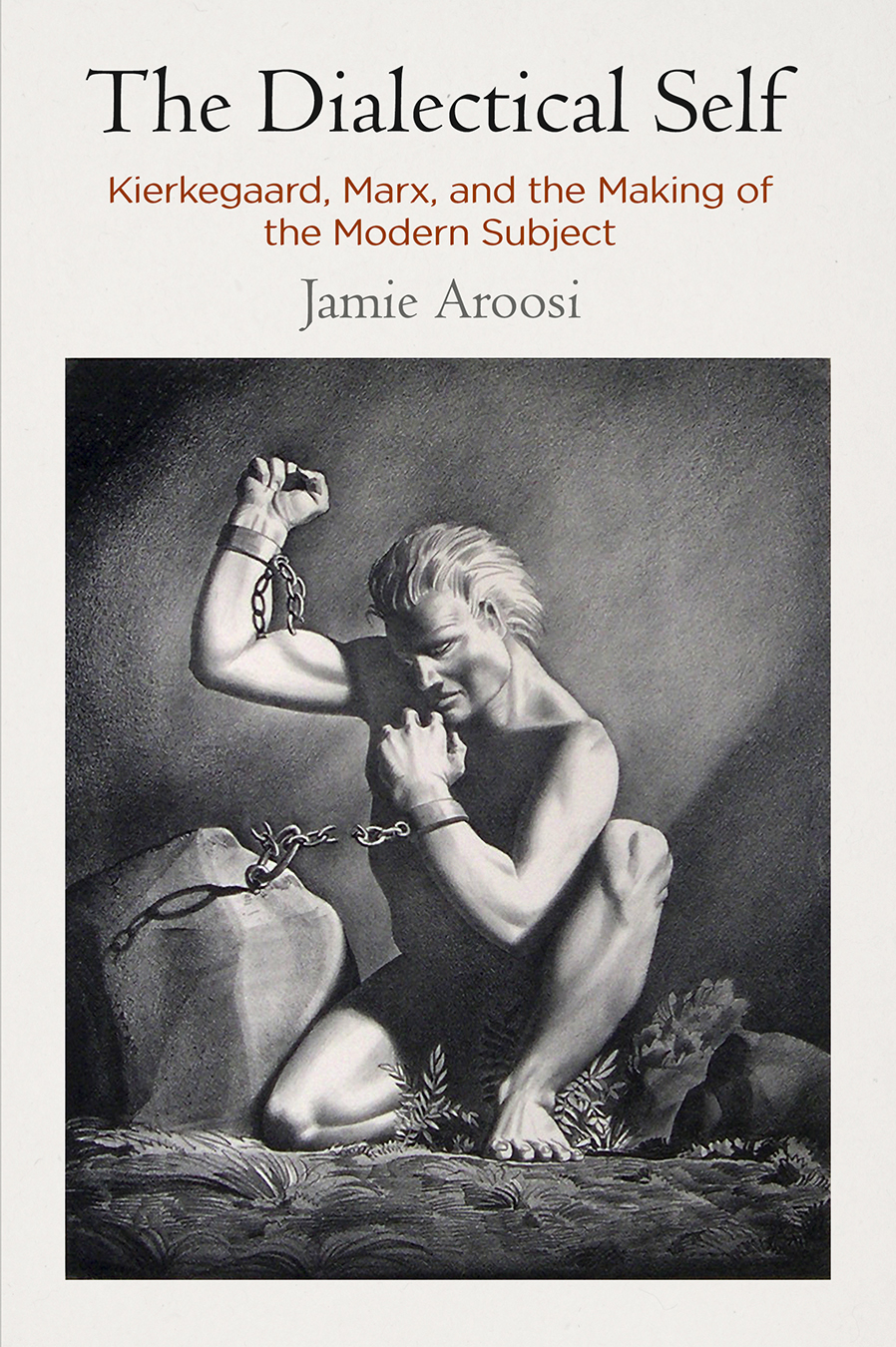Broadly considered, my work is interested in refocusing the attention of political thinkers onto the primary locus of political thought, the self, so that we can better understand that political transformation is the consequence of self-transformation. My work therefore maintains an interest in objective injustices based on race, gender, and class, but aims to demonstrate the way that sexism, racism, as well as inequality and exploitation, shape the contours of our subjectivity, because resistance to these objective phenomena is only possible after we overcome their subjective effects. More simply, my work examines the process of subjective emancipation that occurs when the self transitions from bondage into freedom because changes to our political reality reflect prior changes in ourselves. My work therefore seeks to remind political theorists of what Octavio Paz once wrote: while it is important to have dreams, they can only become a reality when you “deserve what you dream.”
My first book, The Dialectical Self: Kierkegaard, Marx, and the Making of the Modern Subject (University of Pennsylvania Press, 2019), provides a comprehensive theory of subjectivity that not only offers a compelling model of the self but that also describes the self’s transition from bondage to emancipation and finally to freedom. To do so, my work offers the first comprehensive analysis and synthesis of G. W. F. Hegel’s two most important appropriators and critics, Søren Kierkegaard and Karl Marx, demonstrating that they each represent one half of a larger picture of the self. While contemporary thought is typically imagined as born in their contemporaneous responses to Hegel, their substantive differences have prevented any serious comparative study, given that Kierkegaard focused on subjective questions of ethics, psychology, and spirituality, while Marx focused on objective questions of society, politics, and economics. However, my work demonstrates an underlying Hegelian unity in how they imagine the self, demonstrating that Kierkegaard merely articulates its subjective nature while Marx then draws this account into the objective world of social and political life. Consequently, The Dialectical Self not only offers a major reconsideration of the founding moment of contemporary thought, but it also demonstrates the enduring relevance of Kierkegaard and Marx, by offering contemporary political theorists a comprehensive account of subjectivity so that we can imagine emancipation as both a subjective psychological and spiritual process as well as an objective sociopolitical and economic one. In this way, rather than exclusively focusing on objective injustices, political theorists can better understand that the seed of revolt is planted in the self.
My next book is provisionally entitled In Defense of Ad Hominem: Civility and the Loss of the Public Sphere. Confronting the increasingly apparent irrationality of contemporary global politics, from the rise of populist regimes to the growth in sexist, racist, and nativist discourse, this work questions our collective faith in rational argument and its ability to sway minds, demonstrating how this faith is based on a flawed understanding of reason. To do so, this work traverses the history of Western thought, from Socrates’ failure to convince his interlocutors to Freud’s diagnosis of the irrationality of WWI, in order to demonstrate the way that irrationality has been an enduring problem throughout the history of Western thought. Consequently, this work argues that our beliefs are actually willful acts that we hold for reasons that often lie outside of their explicit content, and that they therefore need to be interpreted not only for their substantive content, but more importantly, for the ends that they seek. And these ends might be the objective ends we find in social and political life, such as the acquisition of status, wealth, and power, or the subjective ends we find in psychology, such as the alleviation of guilt or loneliness, but it is only within this context that the truth of our beliefs can emerge. Problematically, this work also demonstrates that Western thoughts’ rationalist bias, currently manifested in our discursive approach to democratic politics, has prevented us from fully accounting for this. Consequently, In Defense of Ad Hominem offers a fundamentally new account of reason and irrationality, demonstrating why rational argument proves incommensurate with the problem of irrationality, while offering a wholly new reconceptualization of democratic politics and the public sphere. As In Defense of Ad Hominem ultimately argues, ad hominem argument does not constitute an attack on the truth, but is instead a necessary tool for exposing it.

